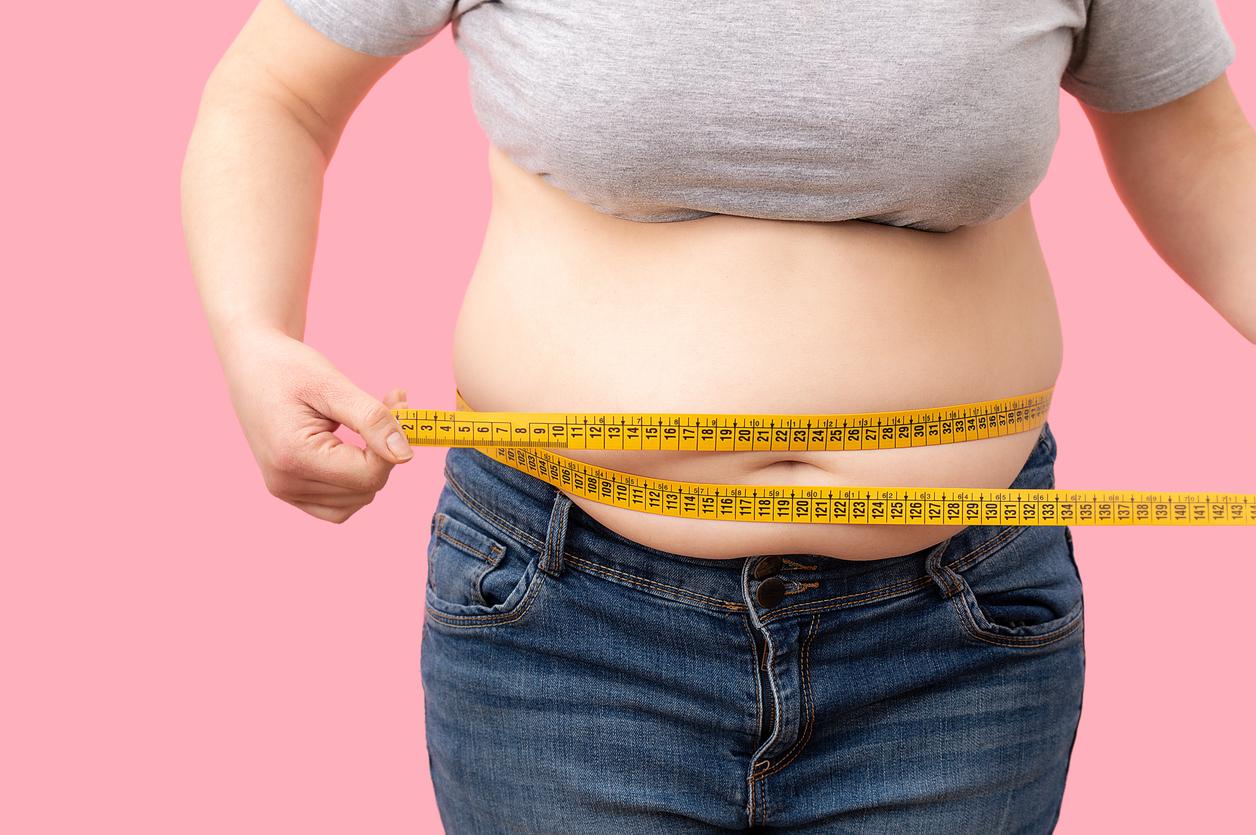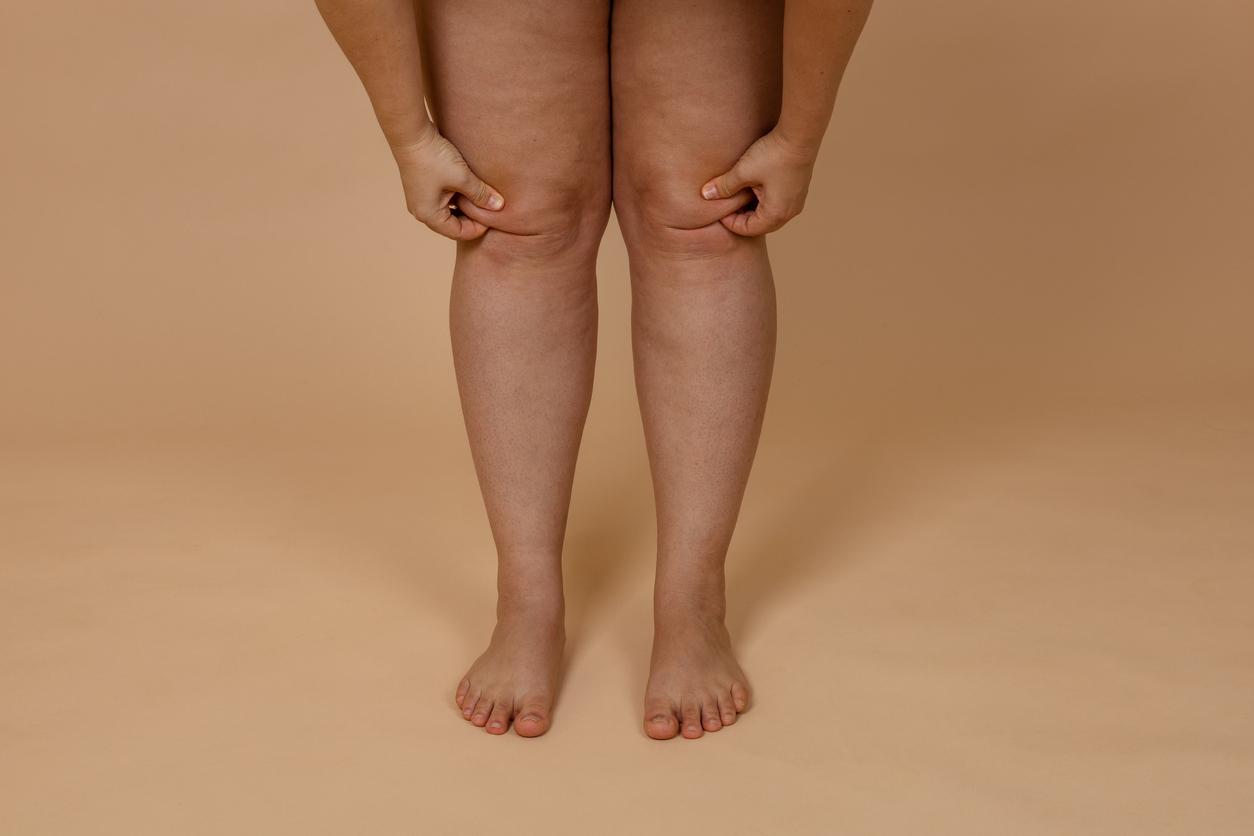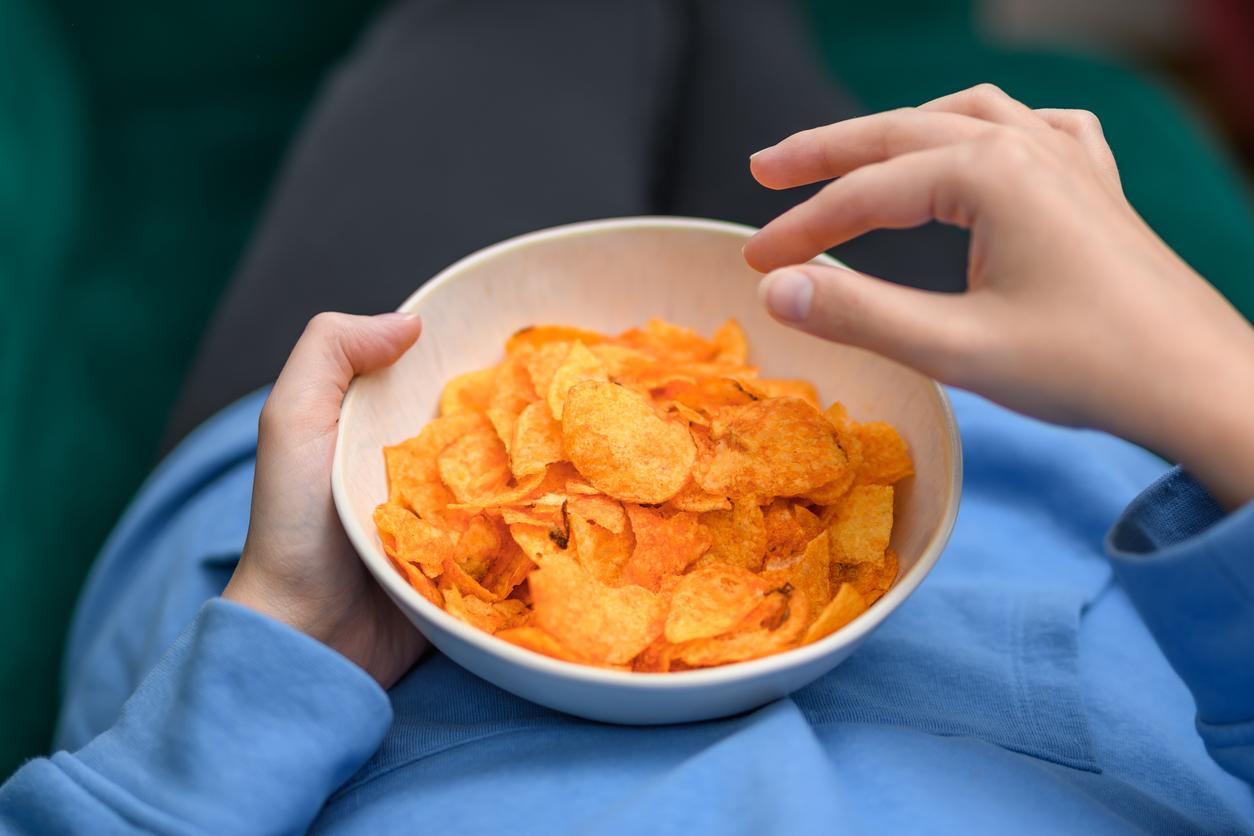1. Caffeine
Caffeine is an extract from coffee beans, but it is also in tea leaves and
chocolate. You should not equate the intake of caffeine supplements with drinking a cup
coffee or
tea, certainly not from a health point of view: coffee and tea contain many other flavoring and active substances in addition to caffeine.
Caffeine has long been of interest for its effects on the
metabolism. Initially, it was thought that the substance stimulates fat burning during sports efforts and saves sugar reserves. There are indeed indications in that direction, but it is doubtful whether this will yield anything in practice. It is more likely that caffeine makes the brain slightly less sensitive to signals of fatigue. The effect on metabolism is not strong enough for significant weight loss.
2. Green tea
Green tea and oolong (white tea) are high in catechins that some sources say boost fat metabolism. There is indeed some evidence that green tea helps a little bit with weight loss, but the studies are contradictory. The effect is said to be stronger in people who normally consume little or no caffeine, and also greater in people of Asian and European descent. High doses of epigallocatechin-3-gallate (EGCG), a specific catechin in green tea, have been shown to increase fat burning during exercise by about 20 percent, according to only two studies. But that does not mean that EGCG helps with weight loss.
3. Carnitine
Carnitine, a substance that the body produces itself, but which it also gets from meat, plays a central role in fat metabolism. It is, as it were, the starting key for the conveyor belt of fats to the mitochondria (the power plants of all cells). Carnitine stimulates fat burning and is said to save sugar reserves during endurance efforts.
But the body has more than enough carnitine to keep the metabolism running at full speed at rest and during light exertion. Extra carnitine then does nothing. In addition, there is no hard evidence that carnitine stimulates fat burning, and to increase the concentration of carnitine in the muscles, you should combine the intake with
sugar, but that’s just not the point. So rejected.
4. Kelp
Kelp, a brown seaweed (Undaria pinnatifida), contains fucoxanthin, a substance that is said to speed up fat metabolism. Animals lost considerable weight in four weeks, but at a dose that would correspond to 280 grams per day for a 70 kg human. Unrealistically high. In the only human trial, an additional 5 kg weight loss was achieved compared to a placebo group, with a dose of 2.4 milligrams. But the study was conducted by the company that has patents on fucoxanthin. That makes the results less reliable. In any case, one study is too little for conclusions. So it has not been proven that kelp contributes to weight loss.
5. Chrome
Everyone needs chromium, but small amounts are enough. It is found in mushrooms, wheat germ and brewer’s yeast. According to some sources, a lot of people get too little chromium, but there are also quite a few doubts about that. Chrome would
muscle building and
fat burning and block the urge for sweetness. It is usually offered in the form of chromium picolinate or nicotinate.
One old study indeed found an increase in muscle mass, but it was based on unreliable measurements. Four more recent studies with refined measuring techniques showed no effect on muscle mass or fat burning. In addition, there is some evidence that chromium picolinate can damage DNA, which is a good reason not to use it.
6. Conjugated Linolenic Acid
Conjugated linolenic acids belong to the group of omega 6 fatty acids. Research in humans is inconclusive, even though it seems to indicate a weight loss of 50 grams per week in the long term. But even that is not certain.
7. Taurine
Two years ago, participants in a cycling trial were found to burn 16 percent more fat after taking taurine. Skilled salespeople crowed, but a closer look at this research raises doubts. According to two other studies, taurine has no effect on fat metabolism. We don’t know more yet.
8. Hot Pepper
Capsaicin is the spicy substance in peppers and peppers that gives dishes extra spice. The substance seems to have an effect on the weight of people who use it regularly and in large quantities, but few Westerners sustain that.
Liesbeth van Rossum is an internist and endocrinologist and Mariette Boon is an internist in training and researcher into brown fat. Together they wrote the bestseller ‘Fat important‘. This duo knows all about body fat and how you can influence it. Do you want to lose weight? Listen to the podcast below before you start a diet, because then you can avoid common mistakes.
This article previously appeared in Plus Magazine December 2019. Not yet a Plus . subscriber
















